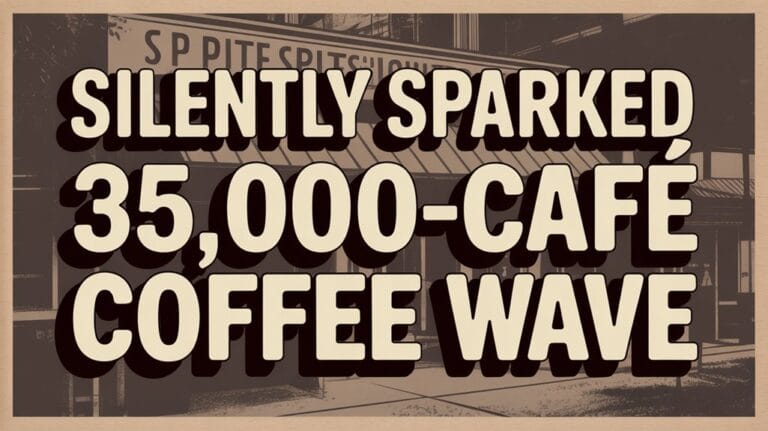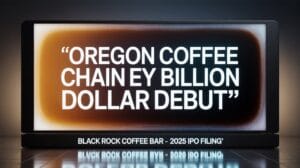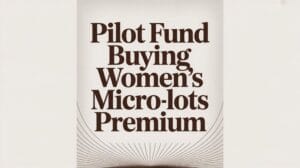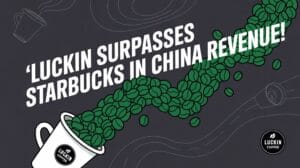Gordon Bowker, the man who helped start Starbucks in Seattle in 1971, has died at 82. The news came quietly from his family on August 21, marking an end to a life that quietly shifted coffee culture around the globe.
Gordon Bowker, 82, Starbucks co-founder, shaped global coffee culture and died quietly August 21, leaving a lasting legacy.
Bowker built Starbucks with friends Jerry Baldwin and Zev Siegl at the Pike Place Market. They sold beans, not cappuccinos, because strong flavor at home was the goal in 1971. The name popped from a map showing an old mining camp called Starbo, then tied to the mate in Moby-Dick. The trio trusted simple logic: high-quality beans fresh from Peet’s in California would speak for themselves. Coffee cultivation practices have significantly evolved over time, ensuring better quality and sustainability.
That simple store fed the roots of today’s coffee culture. Within two decades Starbucks grew to thousands of shops under new owners, yet Bowker’s early stamp stayed. The twin-tailed siren logo he commissioned still peers from city corners and college dorms. After Bowker left, the chain topped thirty-five thousand stores worldwide. In board rooms and bakeries alike, the phrase “a coffee culture shift” now traces back to his initial bean dispensers.
Yet Gordon Bowker’s legacy includes more than Starbucks. In 1984 he helped steer Starbucks to buy Peet’s Coffee, then later sat on Peet’s board until 2008. He moved next to craft beer, co-founding Redhook Ale Brewery and backing its characterful pints long before local breweries dotted every block. He also helped fund Seattle Weekly, giving writers space while sipping editorial talk over fresh brew.
Friends recall Bowker as an easy listener who predicted what people would crave by watching quiet patterns rather than loud trends. He stayed curious, understood that breathing room fuels coffee culture creativity, and never shouted about it.
At home in Washington’s San Juan Islands he is survived by his wife and three children, with no firm plans announced for memorials. The next time someone waits in line for a latte or ponders a small-batch beer, they’ll stand in the ripple of choices initially touched by Bowker more than half a century ago.





